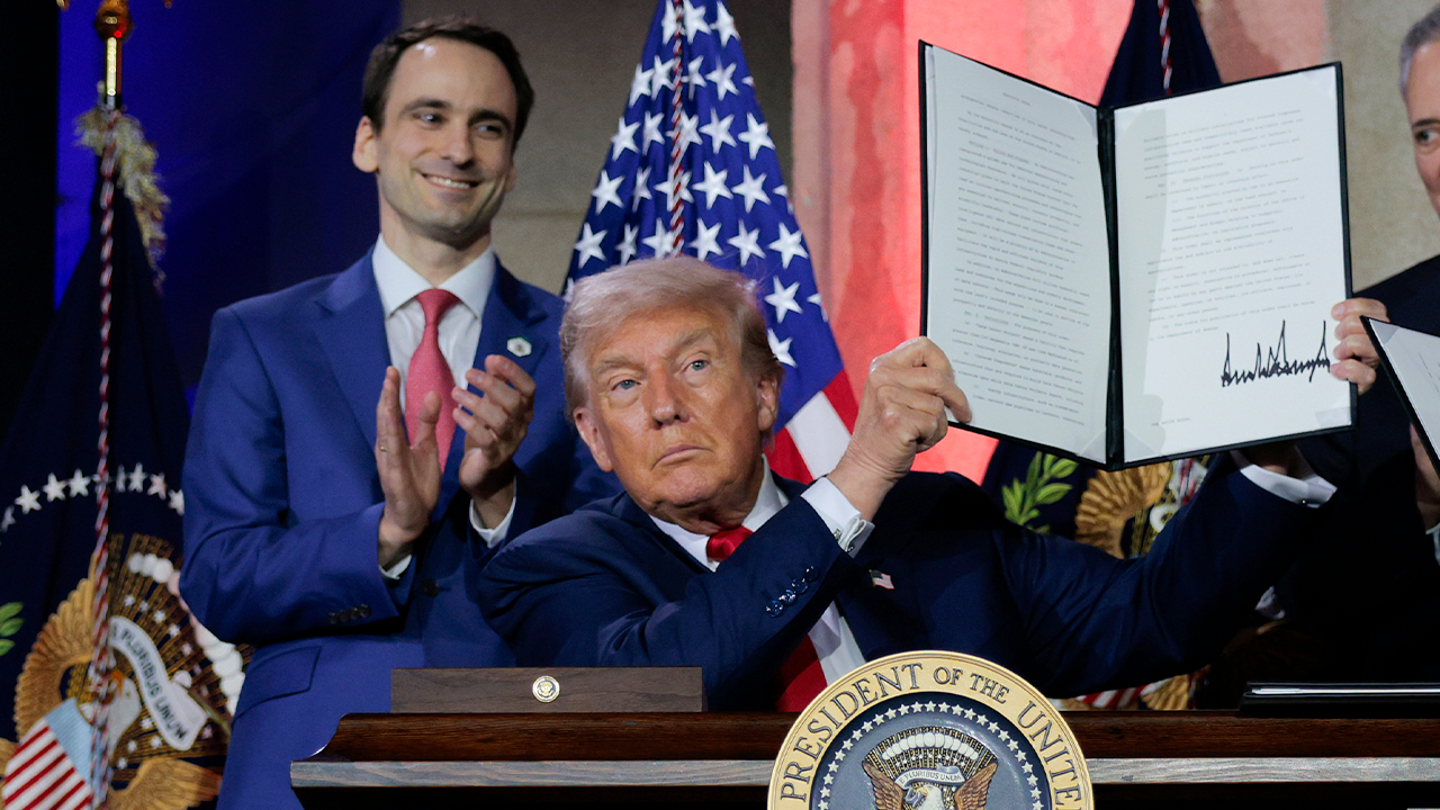
Trump admin unveils groundbreaking tool 'supercharging' gov't efficiency to 'win the race' for AI dominance
Entities mentioned:
- Trump administration: Ambition, Competitive spirit, Power
- U.S. General Services Administration (GSA): Efficiency, Professional pride, Duty
- David Shive: Professional pride, Ambition, Duty
- Stephen Ehikian: Competitive spirit, Professional pride, Ambition
- David Sacks: Duty, Security, Control
- Josh Gruenbaum: Competitive spirit, Efficiency, Professional pride
- OpenAI: Ambition, Influence, Recognition
- Anthropic: Competitive spirit, Recognition, Influence
Article Assessment:
Credibility Score: 65/100
Bias Rating: 70/100 (Lean Right)
Sentiment Score: 75/100
Authoritarianism Risk: 45/100 (Mixed/Neutral)
Bias Analysis:
The article leans right, evidenced by its exclusive focus on the Trump administration's achievements and positive framing of their initiatives. The use of 'FIRST ON FOX' and reliance on administration officials for quotes without opposing viewpoints indicates a pro-Trump bias.
Key metric: U.S. Technological Competitiveness
As a social scientist, I analyze that this article highlights the Trump administration's aggressive push to establish U.S. dominance in artificial intelligence through government-wide implementation. The launch of USAi represents a significant step in operationalizing the administration's AI Action Plan, aiming to enhance government efficiency and maintain America's global technological leadership. This initiative could potentially accelerate AI adoption across federal agencies, potentially leading to improved service delivery and cost reductions. However, the rapid implementation of AI in government operations also raises questions about data security, privacy, and the potential for job displacement among federal workers. The emphasis on 'winning the race' for AI dominance reflects a competitive, nationalistic approach to technological advancement, which could have implications for international collaborations and global AI governance frameworks.

Privacy policy
Entities mentioned:
- Anthropic: Professional pride, Duty, Transparency
- Users: Security, Privacy, Self-preservation
Article Assessment:
Credibility Score: 50/100
Bias Rating: 50/100 (Center)
Sentiment Score: 50/100
Authoritarianism Risk: 20/100 (Strongly Democratic)
Bias Analysis:
The minimal content provides little basis for assessing bias. The neutral framing of privacy as important avoids taking a strong ideological stance, placing it in the center of the spectrum.
Key metric: Consumer Privacy Protection
As a social scientist, I analyze that this article appears to be a placeholder or header for a privacy policy rather than a full article. The lack of substantive content limits meaningful analysis, but the emphasis on privacy and data protection suggests a focus on user rights and responsible data handling practices. This aligns with growing concerns about digital privacy and data security in the tech industry and society at large. The framing presents privacy as something that 'matters', implying its importance to both the company and users.
- Read more about Privacy policy
- Log in to post comments